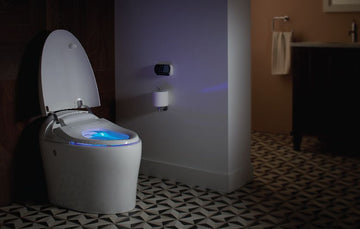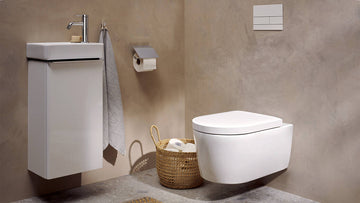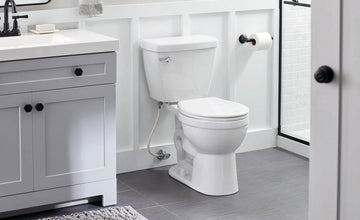In recent years, the surge in demand for eco-friendly solutions has led to remarkable advancements in eco toilet technology for off grid homes. As more individuals and families opt for off grid living, the need for sustainable and efficient waste management systems becomes paramount. This article delves into the intricacies of these innovative systems, exploring their benefits, functionality, and the future they hold for off grid homes.
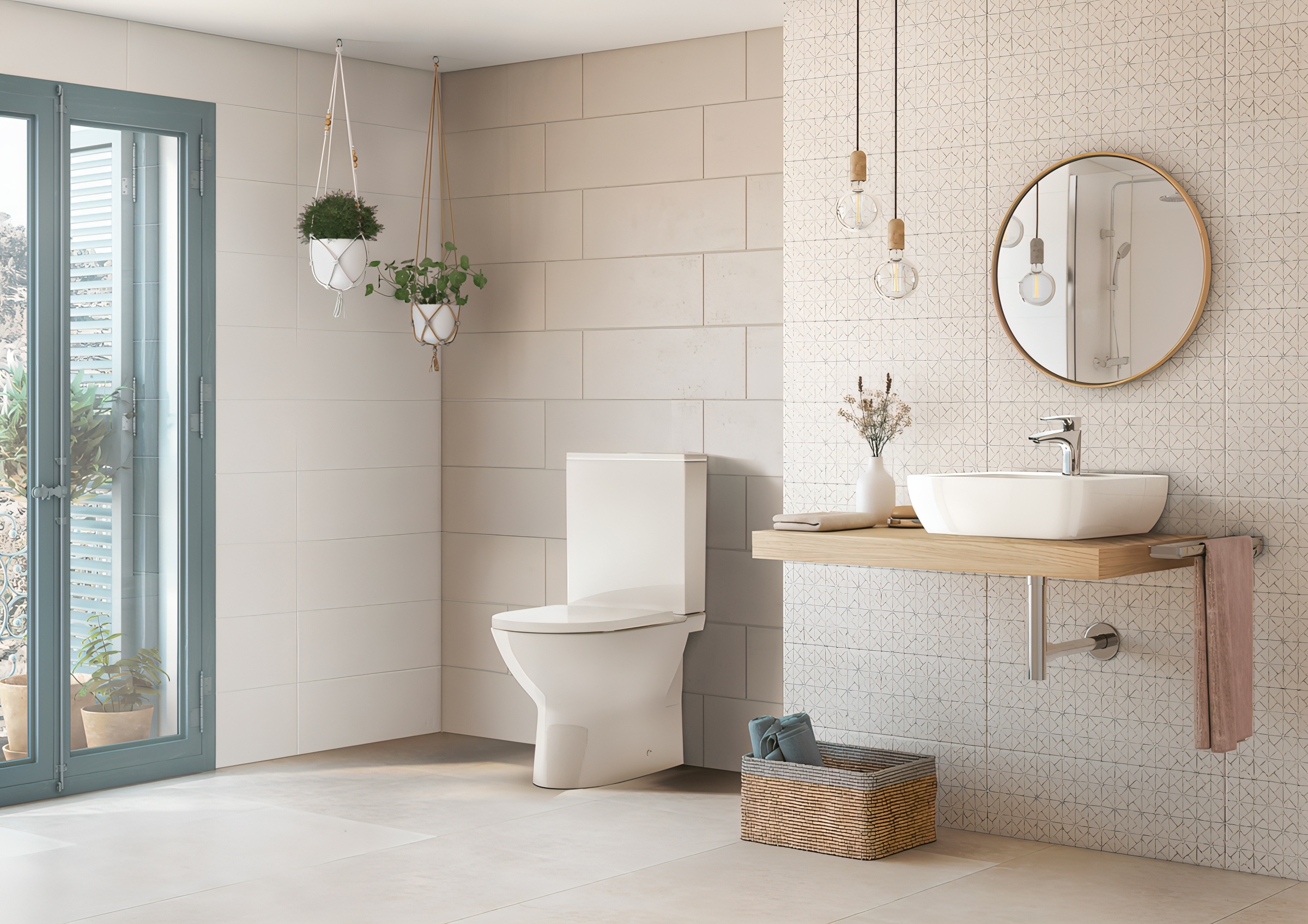
Understanding the Need for Eco Toilets
The transition to off grid living is often fueled by the desire to reduce environmental impact and live more sustainably. Traditional flush toilets, which rely heavily on water consumption, are not viable in settings where water resources are limited. This is where eco toilet technology comes into play, offering a waterless or low-water alternative that aligns with the principles of sustainability.
Eco toilets, or composting toilets, utilize natural processes to break down human waste, converting it into usable compost. This method not only conserves water but also minimizes pollution and promotes soil health, making it an ideal solution for off grid homes.
The Mechanics of Eco Toilet Technology
At the heart of eco toilet technology is the concept of composting. These systems are designed to facilitate the aerobic decomposition of organic matter, a process that is both efficient and environmentally friendly. Most eco toilets are equipped with a ventilation system to manage odors, and some even incorporate urine diversion to enhance the composting process.
In addition to composting toilets, there are other innovative systems such as incinerating toilets and gray water reuse systems, which further contribute to sustainable waste management in off grid settings. These technologies ensure that waste is managed in a manner that is both hygienic and eco-friendly.
Advantages of Eco Toilet Systems
Eco toilets offer a myriad of benefits that extend beyond environmental conservation. Firstly, they significantly reduce water usage, a crucial factor in off grid homes where water may be sourced from rainwater collection or other limited resources. Additionally, the compost produced can be used to enrich soil, promoting a closed-loop system that aligns with sustainable living principles.
Another advantage is the reduction in sewage and plumbing infrastructure costs. Innovative systems such as these eliminate the need for extensive plumbing, making them a cost-effective solution for remote or rural areas. Furthermore, the independence from municipal sewage systems ensures that off grid homes remain self-sufficient and unaffected by urban infrastructure issues.
Challenges and Considerations
While eco toilet technology presents numerous benefits, there are challenges to consider. Maintenance and proper management of composting systems are crucial to ensure efficient operation. Users must be educated on the correct use and upkeep of these systems to prevent issues such as odor or incomplete decomposition.
Additionally, the initial cost of installing eco toilets can be a barrier for some. However, the long-term savings on water and sewage costs often outweigh the initial investment. App-controlled systems are also emerging, offering users greater control and efficiency in managing their waste systems.
The Future of Eco Toilet Technology
The future of eco toilet technology for off grid homes looks promising, with continuous advancements making these systems more accessible and efficient. Innovations such as solar-powered units and remote-controlled features are already in development, further enhancing the functionality and appeal of eco toilets.
As awareness of environmental issues grows, the adoption of eco toilet systems is likely to increase, paving the way for a more sustainable future. These technologies not only support off grid living but also contribute to broader environmental goals, such as water conservation and waste reduction.
Conclusion
In conclusion, eco toilet technology for off grid homes represents a significant step forward in sustainable living practices. By reducing water usage, minimizing waste, and promoting self-sufficiency, these systems offer a viable solution for those seeking to live in harmony with the environment. As technological advancements continue, the potential for eco toilets to revolutionize waste management and support sustainable living becomes increasingly apparent.
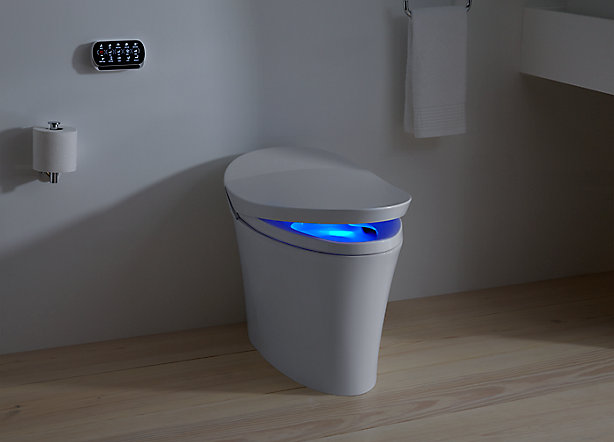
Frequently Asked Questions
What is an eco toilet?
An eco toilet is a system that manages human waste without the need for traditional plumbing or excessive water usage. These systems often use composting or incineration to break down waste.
Are eco toilets suitable for all climates?
Yes, eco toilets can be adapted to various climates. The design and materials used can be adjusted to ensure optimal performance in different environmental conditions.
How often do eco toilets need maintenance?
Maintenance frequency depends on the specific system and usage. Regular checks are recommended to ensure efficient operation and prevent potential issues.
This article contains affiliate links. We may earn a commission at no extra cost to you.

